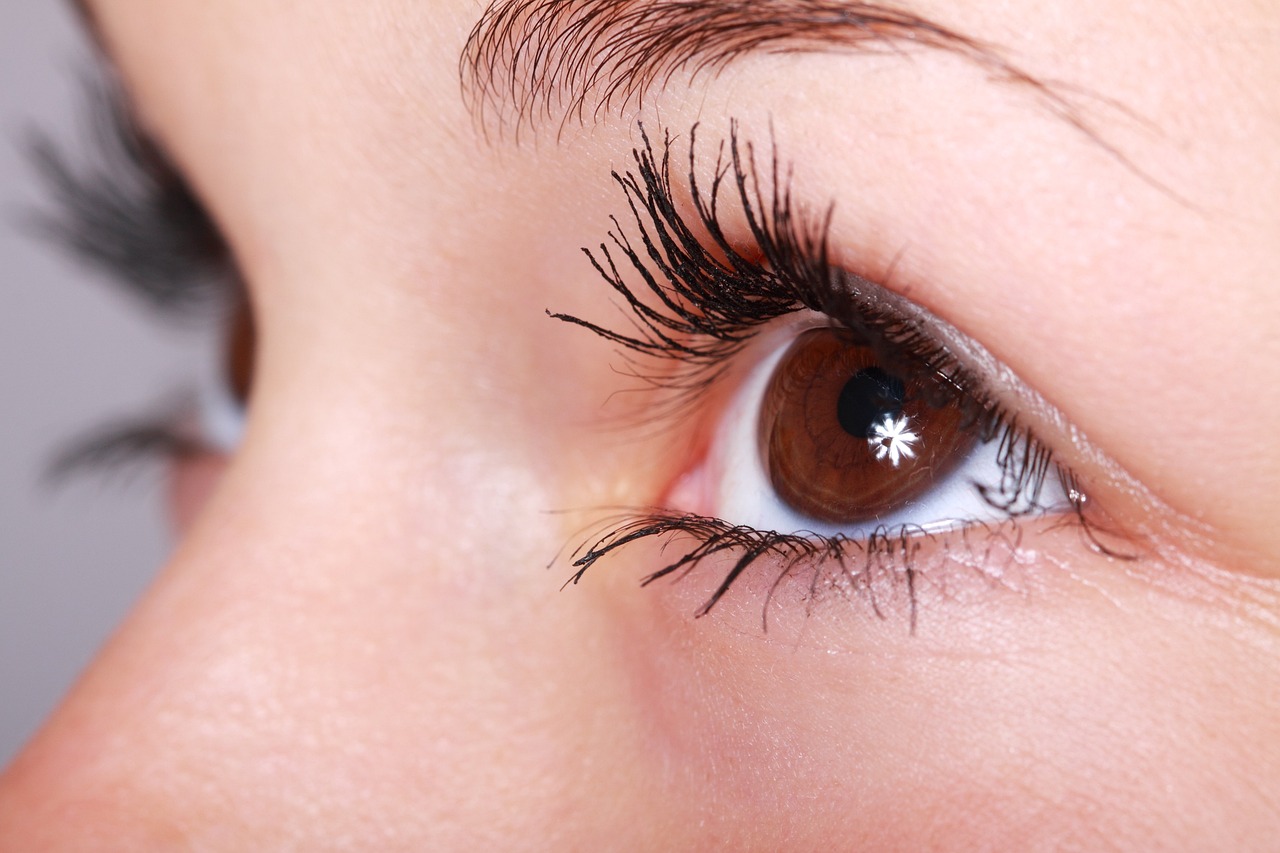We blink constantly throughout the day, often without even realizing it. But a new study reveals that blinking does more than just lubricate our eyes – it actually helps us see better.
This research adds to a growing body of evidence exploring the various purposes of blinking, beyond its previously known function of keeping our eyes moist.
“Our study shows that blinking strengthens the power of retinal stimulation, significantly improving visibility despite the brief interruptions it causes,” explains Bin Yang, a neuroscientist at the University of Rochester, and lead author of the study.
Previous research has suggested that blinking plays a role in refreshing our attention, aiding in object recognition, and breaking down the constant stream of visual and auditory information into manageable chunks for processing.
However, each blink also creates a momentary blackout lasting about 300 milliseconds. One might expect this disruption to hinder the activity of neurons responsible for processing visual information.
Intriguingly, a 2016 study found that while neural activity does indeed decrease during a blink, it rebounds to a higher level immediately afterwards, suggesting a potential improvement in vision.
Building on these findings, Yang and his colleagues employed high-resolution eye tracking technology to investigate how blinking affects vision in a group of 12 participants. The participants viewed images with varying degrees of contrast displayed on a screen.
Since blinking involves both eyelids closing simultaneously, the researchers only tracked one eye per participant. Additionally, they monitored the light intensity (luminance) of the visual stimuli.
The study revealed that blinking strengthens the visual input signals by regulating the intensity of light hitting the retina. This visual boost occurred during both voluntary and involuntary blinks.
Interestingly, while past research indicated that only real blinks, not simulated ones, improved attention, the study found that changes in light intensity mimicking a blink also resulted in a temporary enhancement of vision.
“Contrary to the common assumption that blinking disrupts visual processing, our findings suggest that it actually enhances sensitivity,” the researchers conclude.
Furthermore, the study suggests that blinking plays a role in reformatting visual information, similar to how other subtle eye movements we are unaware of (saccades and ocular drifts) contribute to vision by adding spatial markers and timestamps to our visual experience.
Considering that blinking accounts for an estimated 10% of our waking hours, it’s reassuring to know that this seemingly mundane activity serves a valuable purpose in optimizing our vision.
The study has been published in PNAS.

